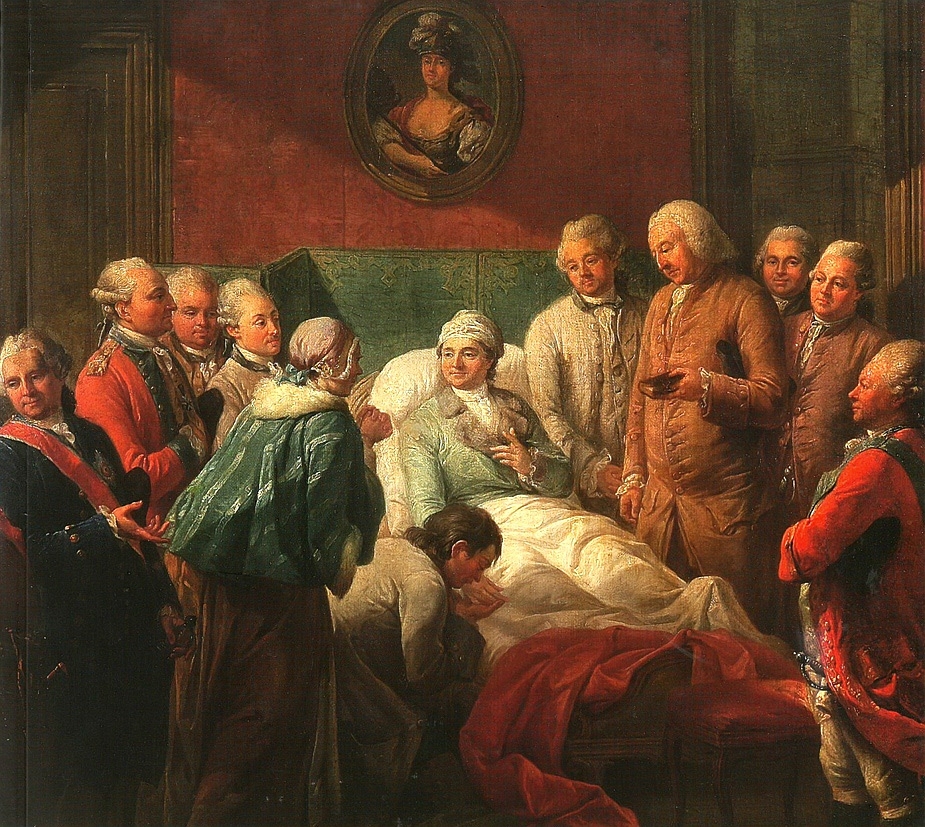On the night of 2 to 3 November 1771, King Stanisław August Poniatowski, the last monarch of Poland, was attempted to be kidnapped by the Bar Confederates. The aim of this plot was to force the king to adopt an anti-Russian stance or to influence his abdication. The confederates thus wanted to end Russia’s protectorate over Poland.
Cavalry Captain Stanislaw Strawinski, the chief of this daring plot, observed the rhythm of the King’s day for many weeks, looking for weaknesses in his protection. Working with Casimir Pulaski and Valentin Lukawski, Strawinski convinced the Confederate authorities that a kidnapping was possible. They chose Jasna Góra as the place where the king would be held, due to its symbolic importance and the difficulty of capture by Russian forces.
On the appointed evening, the royal carriage was stopped on one of Warsaw’s bridges by an armed detachment of confederates. Shots were fired between the confederates and the king’s bodyguards. In the chaos, the king attempted to escape on foot, but was quickly captured. Despite initial success, the plan began to fall apart as the confederates began to retreat due to the unexpected resistance of the royal forces and the lack of coordination of the whole action.
During their escape from Warsaw, most of the confederates deserted the king, leaving him in the care of Jan Kuzma. Perhaps due to internal doubts or persuasion by the king, Kuzma decided not to deliver the monarch to the confederates, but instead drove him back to Warsaw.
The kidnapping had enormous consequences for Poland. The king and his court used the event to portray the confederates as traitors and regicide, causing them to be condemned in Europe. At home, too, their reputation was tarnished, further weakening their position.
The kidnappers (who were defended by the kidnapper himself) were sentenced to death in 1773, but as many as 27 of the men involved in the kidnapping were not captured (including Casimir Pulaski, a Polish-American hero). Kuzma, who had betrayed the confederates, was sentenced to banishment. He left the country and settled in the State of the Church, where he lived off money sent to him by Poniatowski.





